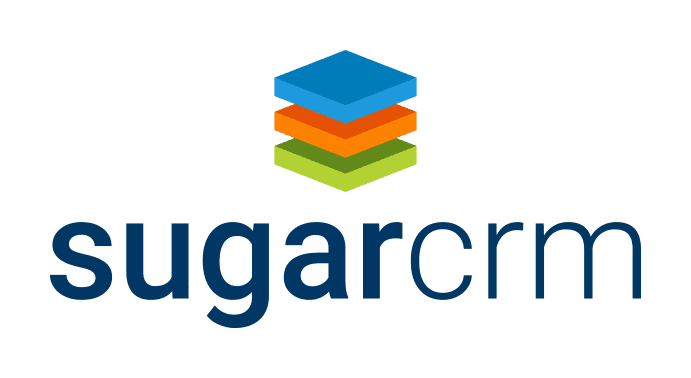When you first begin your search for ERP software, it can be extremely overwhelming. Every ERP system offers different functionality and touts that they can give you the best return on investment. But just like that coffee shop on the corner probably doesn’t have “Worlds Best Cup of Coffee”, not every ERP system is going to be your best option either. Depending on the size of your business, there are certain ERP modules that will either be essential or overkill.
If you’re a small business just making the switch from QuickBooks, you may just need the basics. However, large businesses operating in multiple countries will need functionality such as multiple currencies and multiple languages. Below are the essential ERP modules for every business.
Essential ERP Modules
Accounting
- Accounts Receivable
- Accounts Payable
- General Ledger
- Payroll
Order Management
- Order Processing
- Financial Processing
Inventory Management
- Inventory Control
- Barcoding
- Lot Traceability
Asset Management
- Asset Maintenance
- Asset Tracking
Project Management
- Document Management
- Cost Projection
- Tracking
Product Lifecycle Management
- Cost Management
- Compliance
- Quality Management
Warehouse and Distribution
- Inventory Control
- Packing
Customer Relationship Management
- Sales Management
- Marketing Automation
- Customer Service Management
Human Capital Management
- Benefit Administration
- Time Tracking
- Talent Management
Which Do You Need?
Every business is different. If you’re in manufacturing, those inventory management and distribution modules will be key. However, if you’re a business service you may be more concerned with customer relationship management. The best way to determine which ERP modules are a must-have for you is to sit down and go through every department of your business. Talk with the staff in each department and find out which manual tasks they are doing every day that could be automated with ERP. Once you have a map of your business and what you absolutely need, it is helpful to sit down with a consultant. They will be aware of which systems contain the ERP modules you need to be successful and help you through the implementation process.
There is no one-size-fits-all and you have to do some research to find the best ERP solution for you. Read more here.

